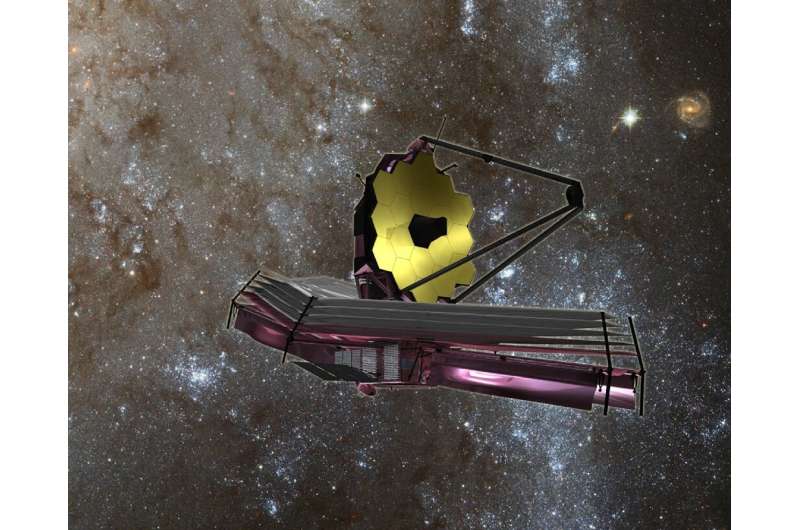Quantum computing has been touted as the revolutionary advance that could revolutionize the tech world, but it still remains largely theoretical due to technical issues. One of those issues is stubbornly high error rates, but Google scientists announced Wednesday that they have passed a major milestone in their quest to effectively use quantum computing with a new study showing they have reduced the rate of errors. Let’s take a closer look at what this means for the future of quantum computing.
The concept of quantum computing is based on using particles called qubits to store and process information much faster than traditional computers can do. However, one of the main problems with quantum computers is that qubits are highly sensitive and prone to errors when processing data. This means that if the rate of errors is too high, then any data processed by the computer will be unreliable.
This is why reducing error rates is such an important step forward for quantum computing—it shows that it can be done reliably and accurately enough to be useful for real-world applications. With this breakthrough, it’s now possible for scientists to better understand how qubits work and perfect strategies for minimizing errors in future iterations of computers utilizing this technology.
This breakthrough has some serious implications for the future development of quantum computers. It paves the way for more accurate data processing, meaning that researchers can further explore ways to make these machines more reliable and efficient. Additionally, it could open up new possibilities in areas like artificial intelligence (AI) and machine learning (ML). By allowing machines to process large amounts of data more quickly and accurately than ever before, AI and ML projects could benefit immensely from quantum computing technology.
Google’s breakthrough achievement in reducing error rates with their experimental quantum computer is an important step forward in making this revolutionary technology usable in our world today. Not only does this mean more reliable data processing capabilities but also opens up exciting possibilities for AI and ML projects too! It will be interesting to see what other advances we see in quantum computing over time as researchers continue exploring its potential uses across various industries.











